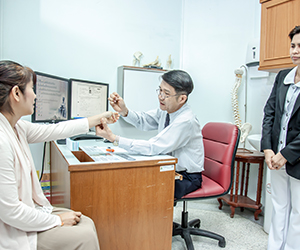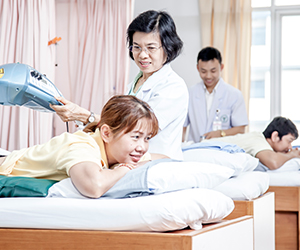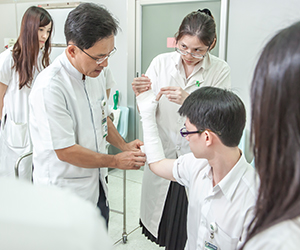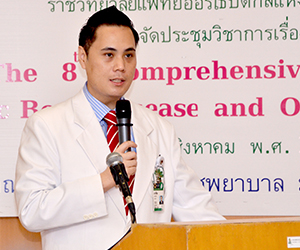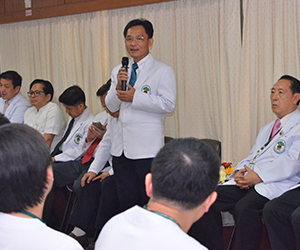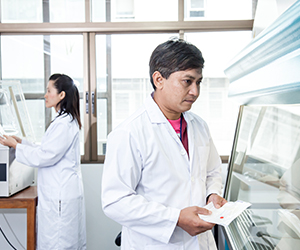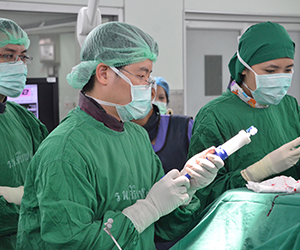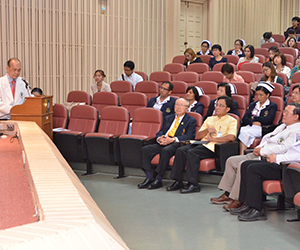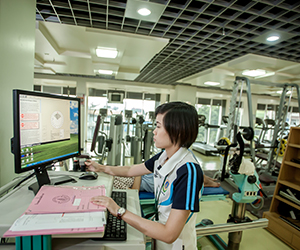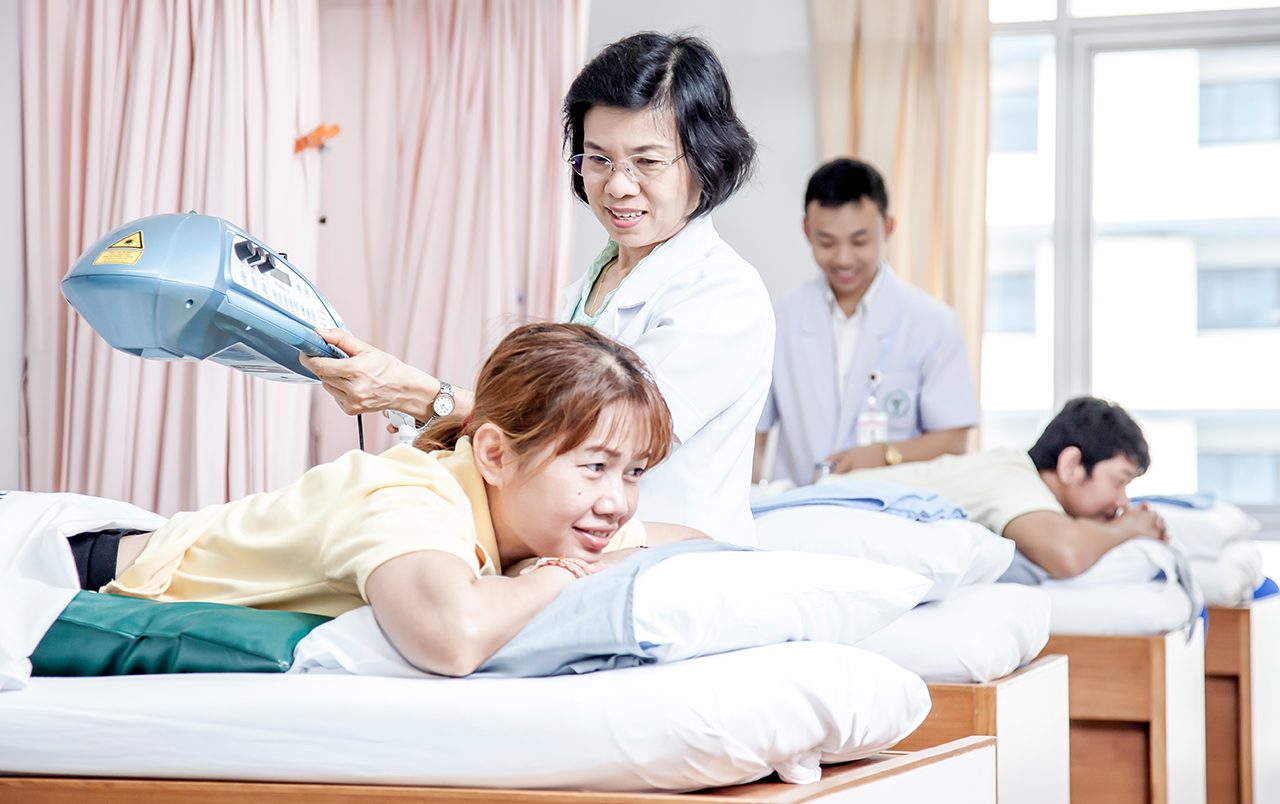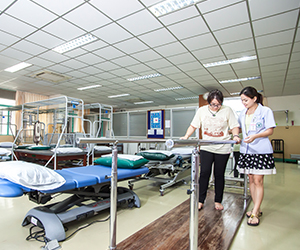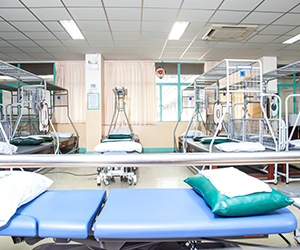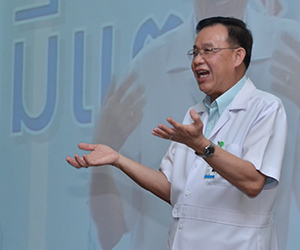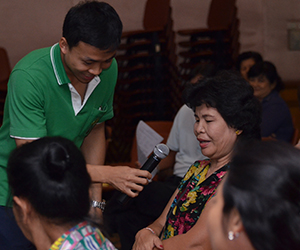Orthopaedic OPD (OPD 118)
Role and responsibility
The Orthopaedic Outpatient Department, known as OPD 118 is located at the Outpatient Building, 1st Floor, Room 118, and is under the Outpatient Unit, Department of Nursing Siriraj Hospital. We are also one of the Clinical Lead Teams under the Department of Orthopaedic Surgery. Our personnel include one chief nurse, seven nurses, 12 nurse assistants, four administrative officers, two medical statistic officer, three medical registration officer and two general officers.
Scope of service: OPD 118’s provides examination service for patients with acute and chronic bone, tendon, joints, muscles and partial nerve problems and abnormality that are inborn or caused by diseases or over one month accident. The service is provided on working days, from 7.00-15.00 hrs, to all patients both with appointment and walk-in patients. Patient screening and assessment are carefully performed in order ensure that patients receive the right diagnosis and treatment from specialists with specific expertise. Our services cover medication, medical procedure, rehabilitation and preparation for surgery, appointment making for non-admitted patients, consultancy for other departments or units, patient admission for those who need immediate treatment, and patient education on Mondays, Wednesdays and Fridays as well as general information provision.
Our major role and goal are to provide efficient examination and diagnosis, treatment, rehabilitation, prevention and health promotion for all patients with orthopaedic problems regardless of their age and gender by our physician, nurses, therapists and multi-disciplinary teams with special expertise in orthopaedics. Our main focus is to ensure good access to the right treatment through efficient screening process in order to identify individual patient’s specific needs and plan the right care and treatment as well as monitoring and evaluate the results. While doing all these, we place top priorities to accuracy, precision, speed, safety, convenience and no complication or other preventable disability. We ensure that patients receive sufficient information about the examination and their own conditions as well as the right behavior. We also promote health and knowledge on disease prevention among patients and families. In addition to patient care, we coordinate with other related units or health teams in order to ensure smooth transfer and patient’s satisfaction.
We have great team with expertise in orthopaedics, senior lecturers with high expertise in many subspecialties, such as Hand and Micro Surgery, Pediatric Orthopedics Surgery, OrthopedicsOncology, Trauma (+Adult Orthopedics), Sport Medicine, Spinal surgery, Adult orthopedics reconstructive surgery, Foot and angle and Metabolic bone disease. With our team’s knowledge and expertise, we can provide the right examination, diagnosis, treatment and perform the right medical procedure that meets international standard. Meanwhile, we play a key role in providing orthopaedic education to residents, fellows, medical students, nurses, medical team and other units within the hospital and external organizations in and outside Thailand. We also have a great team of highly experienced nurses with specific skills in orthopaedic care, a great team of therapists who can provide instruction on the right exercise to help patients prevent and treat health problems and adopt the right rehabilitation. This enables patients to have good health and better physical performance. We also have a Clinical Lead Team of the Department of Orthopaedic Surgery, comprising multi-disciplinary team and related units who are key driver of our high-quality service, academic and research works.
In term of service quality, we regularly hold ordinary meeting with related units to review and improve our service capability and continuous and efficient patient care process for emergency, chronic and general patients transferred from other hospitals or medical institutes. We have prepared the Clinical Practice Guideline (CPG) for different specific diseases. The guideline has been implemented and used as a framework for patient care, especially for osteoarthritis of the knee which is a part of the Area of Excellence of the Department of Orthopaedic Surgery. We have been fully participated in quality activities to provide efficient service to patient with osteoarthritis of the knee, for example, preparation of patients and family prior to the hip or knee surgery and activities by the Joint Health Club. We have participated in preparing Clinical Tracer Plus on total knee replacement, resulting in a special project on “no fat, no osteoarthritis of the knee”, a pilot project aiming at helping patients lose weight and enhance knee muscle capability. From this pilot project, we have developed it further to a research on a weight loss program for overweight patient with osteoarthritis of the knee. We plan to implement this program into routine service in the future.
